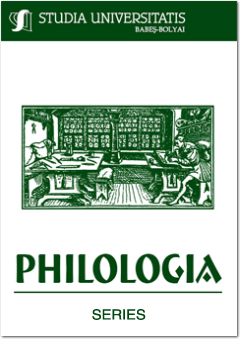FACILITATING THE NOVICE TO EXPERT TRANSITION IN INTERPRETER TRAINING: A ‘DELIBERATE PRACTICE’ FRAMEWORK PROPOSAL
FACILITATING THE NOVICE TO EXPERT TRANSITION IN INTERPRETER TRAINING: A ‘DELIBERATE PRACTICE’ FRAMEWORK PROPOSAL
Author(s): Manuela MottaSubject(s): Language and Literature Studies
Published by: Studia Universitatis Babes-Bolyai
Keywords: interpreter training; learning process; innate vs. acquired abilities; expertise; deliberate practice; pedagogical framework.
Summary/Abstract: Interpreting is a highly skilled cognitive activity requiring learners to develop specific cognitive skills, processes and sub-tasks in a rather short period of time. Therefore, interpreting students need to receive guidance as to the best strategies enabling them to master these skills and processes. We suggest that the pedagogical theory of “deliberate practice” is the most adapted approach to help novices reach the expert level of performance characteristic of professional interpreters. We propose a general framework for the development of expertise in interpreting that students can apply during their practice sessions.
Journal: Studia Universitatis Babes-Bolyai - Philologia
- Issue Year: 56/2011
- Issue No: 1
- Page Range: 27-42
- Page Count: 16
- Language: English

